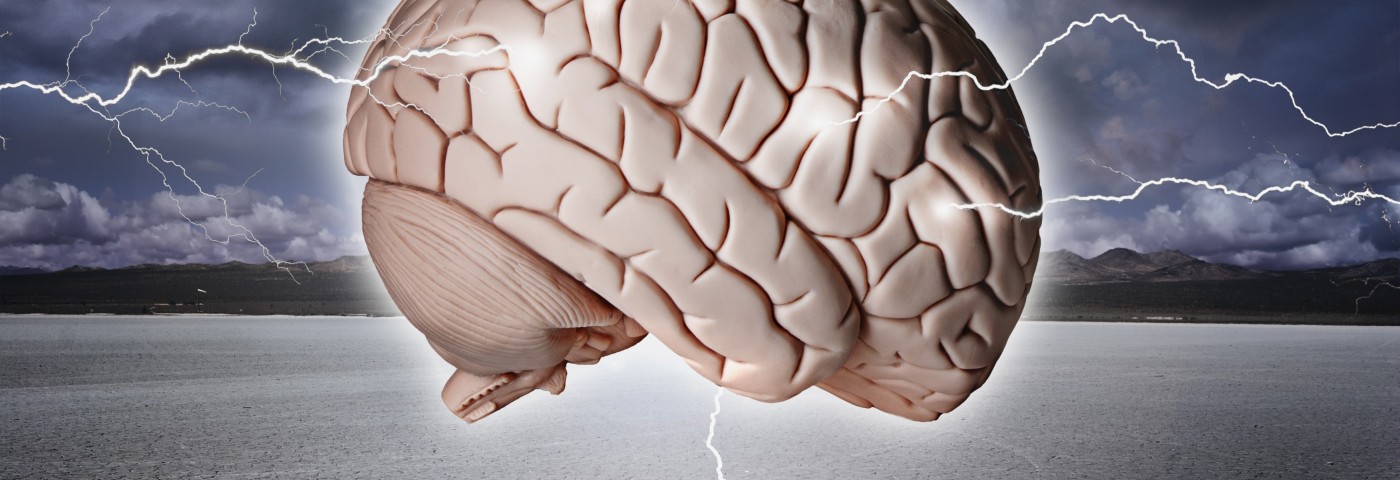Transcranial direct current stimulation (tDCS), a treatment often used in fibromyalgia, may lead to cognitive overload if the method is applied during difficult cognitive tasks, according to a study, published in the journal Neuropsychologia, that also underscored how little might be known about what happens in the brain during electrical stimulation.
In the study, “The effects of tDCS upon sustained visual attention are dependent on cognitive load,” researchers at the University of Oslo explored if tDCS — a treatment employing a very weak electrical current sent through the skull to the outer layers of the brain — could affect cognitive performance. Cognitives tasks were performed by three masters students, and divided into three levels: simple (one target per visual field), medium (two targets), and difficult (three targets).
No effects of tDSc treatment were reported when participants performed simple and medium tasks. But when difficult tasks were attempted under electrical stimulation, participants performed poorly, showing a large negative effect of the stimulation.
“tDCS had a disruptive effect only on the most difficult tasks that demanded a lot of concentration,” James Roe, a research assistant in the university’s Department of Psychology, said in a press release.
“We saw that participants experienced severe problems concentrating when the task was most difficult and the brain was being stimulated. This was in comparison to performance on the same difficulty level when participants only thought they were being stimulated. It was as though tDCS had completely overloaded a brain region crucial to performing the task, as though it crashed it,” Roe said.
Those who claim tDCS can increase attention and cognitive ability may not have tested the device while performing extremely difficult tasks, added a study co-author, Mathias Nesheim.
The method has been tested by the U.S. Air Force, which claims that it cut training time for drone pilots in half, and the U.S. Army has also tested it in its training programs, according to the release. Gamers and students sing its praise, claiming increased performance.
Neuroscientist researchers are interested in the stimulation, and some studies state that it can help improve memory, self-control, and creativity. In addition to its use in fibromyalgia, tDCS has also used in rehabilitation for conditions such as depression, tinnitus, stroke, and Alzheimer’s disease.
“The tasks the brain is performing whilst receiving electrical stimulation, as well as the brain region being stimulated, are factors that absolutely help determine the effects of stimulation,” Nesheim said.

